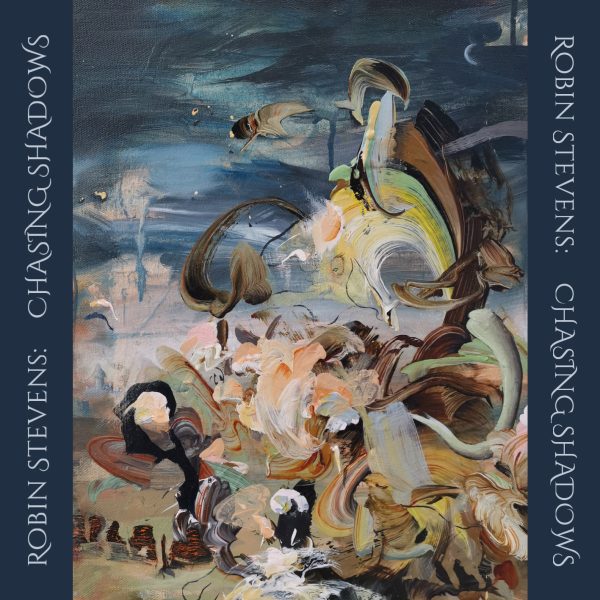British Music Society
The Quintet for Clarinet and Strings begins with a reassuringly (or suspiciously?) pastoral theme, before plunging into the harsher angularities of an altogether more modernist landscape, only eventually finding its way back to the water-meadows.
At over 12 minutes this is a substantial movement, but the composer’s own detailed notes are very helpful in following its progress, and the logic of the music soon becomes clear. The brief motoric scherzo and the soulful almost songful slow movement are both immediately approachable, while in the propulsive finale the chugging rhythms lay the ground for the music’s progress to the serene coda. This is an eminently solid and serious composition, well worth the listener’s time and effort.
The Fantasy Trio immediately benefits from the sheer sensual appeal of flute guitar and cello; the music has an airy beguiling texture and works through a series of atonal variations to a surprisingly upbeat ending. The result has the abstract beauty of a glittering mobile, and the cool lucidity of this piece has earned it an improbable place alongside Peggy Lee/Mel Tormé as select late night listening!
The title work for double bass and piano is a rhythmically wayward and complex piece for which the composer claims a ‘wild, turbulent emotional landscape’ – which I can only endorse. By comparison, the equally brief ‘Obsession’ for the same forces is an almost finger-clicking study in far more straightforward rhythms.
At 23 minutes the Romantic Fantasy for septet is by some distance the most demanding work, requiring (of me) repeated hearings to follow its complex patterns of short motifs and shifting rhythms. The composer’s impeccable ear for luminous sonorities and his own notes certainly help clarify proceedings, but I suspect I will need more time to fully get the measure of the piece. Robin Stevens is one of many composers working outside the ‘new music’ mainstream – insofar as there is one – who clearly deserve greater attention. Divine Art have three more discs of his music, and I am now strongly inclined to explore them all: as so often with this label performances and sound are exemplary.
@divineartrecordingsgroup
A First Inversion Company
Registered Office:
176-178 Pontefract Road, Cudworth, Barnsley S72 8BE
+44 1226 596703
Fort Worth, TX 76110
+1.682.233.4978












